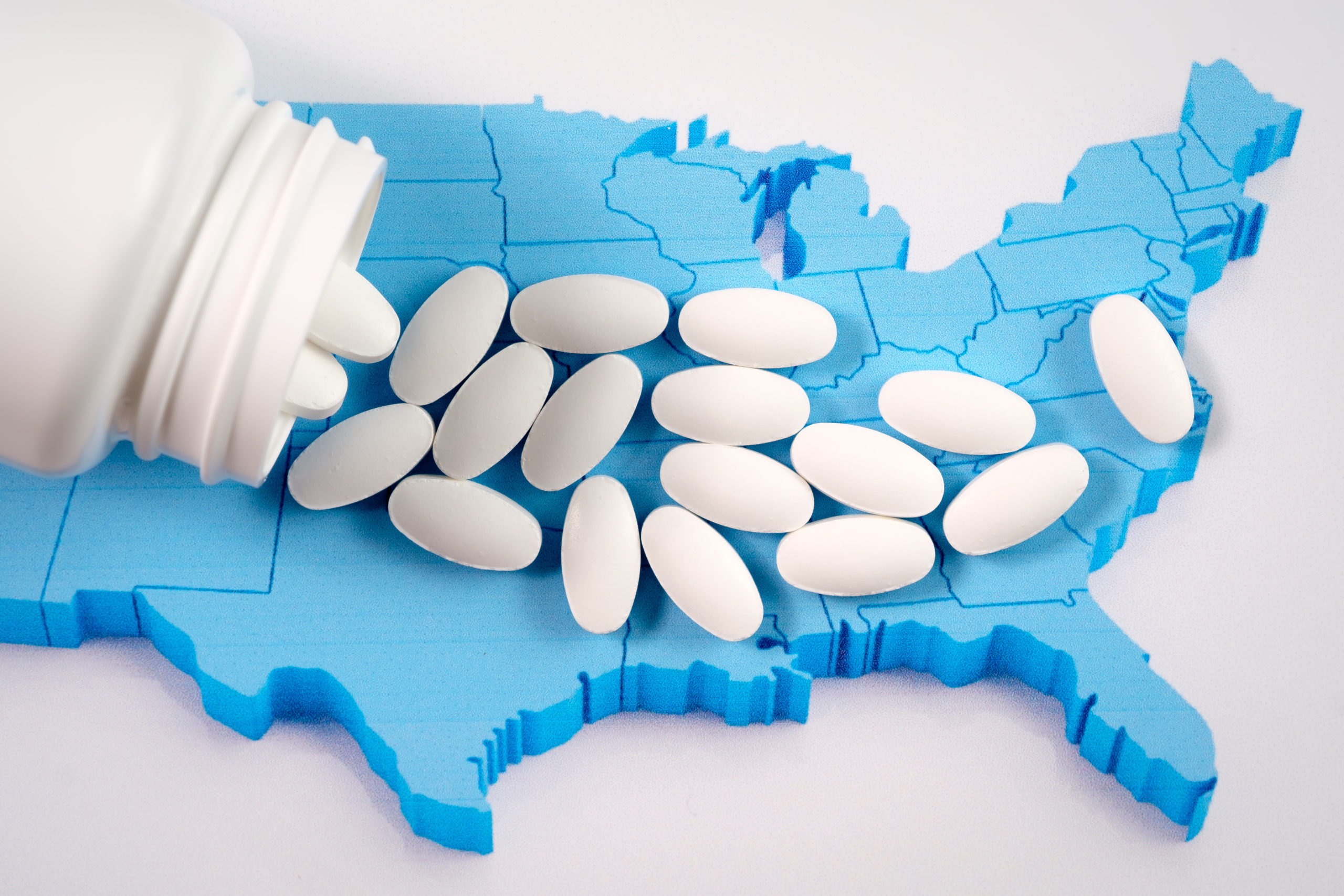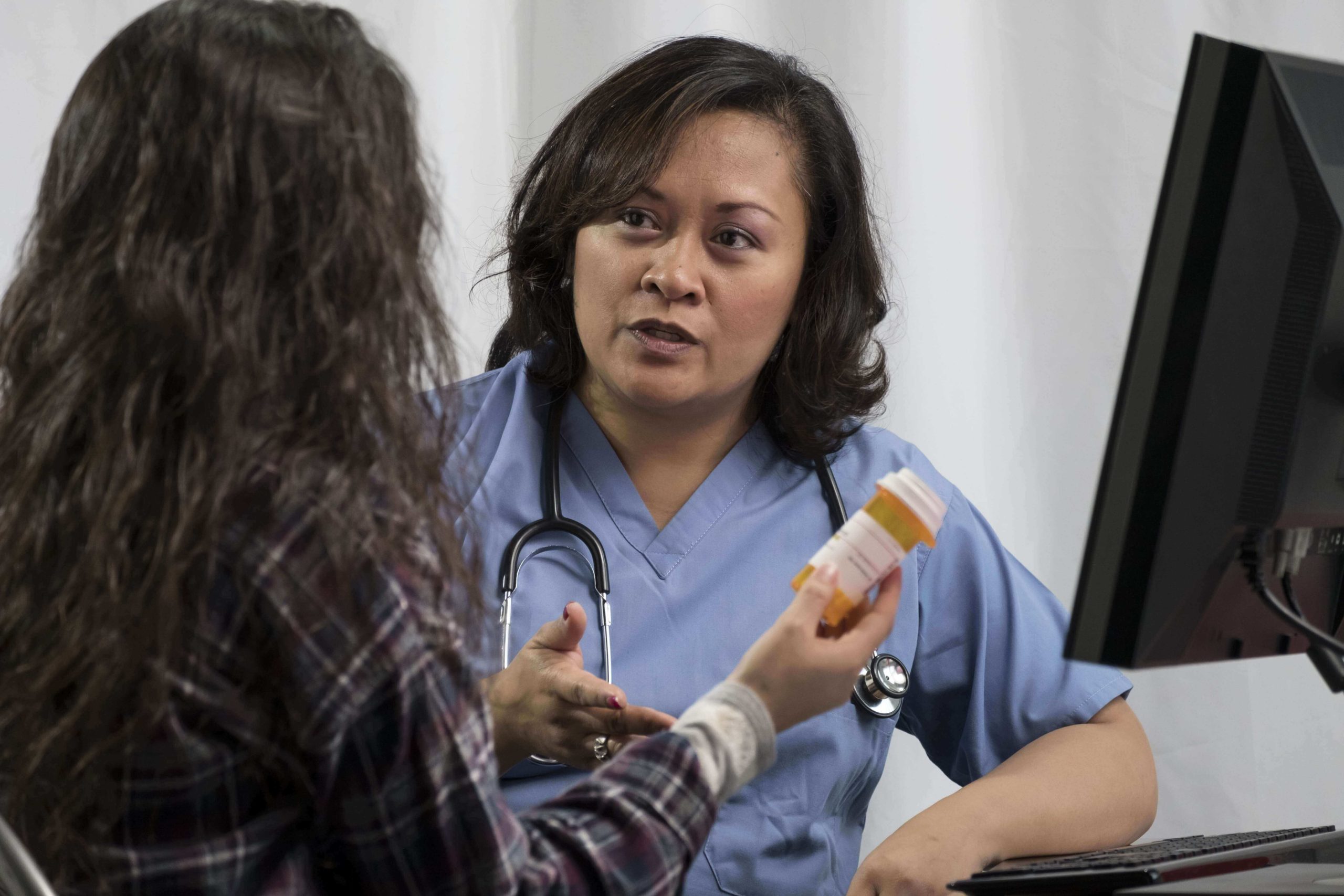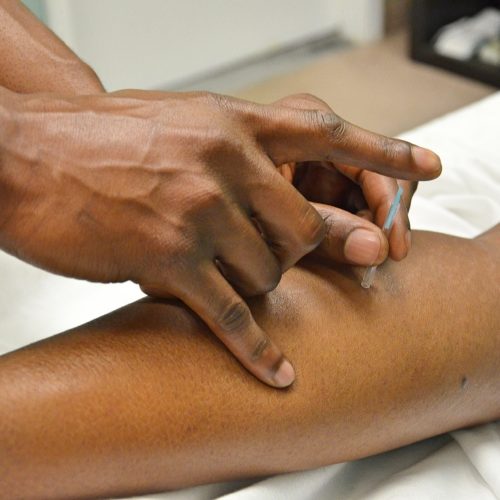Addiction treatment or “rehab” programs are fundamental to recovery from substance abuse. Through yours, you’ll go through detox and withdrawal, then learn important coping skills and self reflection through counseling and therapy. Chances are, you’ll leave your program feeling refreshed, healthy, and ready to start your new life in recovery.
But this is only the beginning. Addiction is viewed as an ongoing condition that can be managed, not necessarily cured. Addiction alters brain chemistry, and it often goes hand-in-hand with mental health disorders that also require lifelong care. Relapse is more common than many people realize — a study from the Journal of the American Medical Association showing that up to between 40 and 60 percent of people who have been through treatment fall back into substance abuse within a year.
Fortunately, this doesn’t mean that failure is inevitable. Far from it. You have the power to stay in recovery and even bounce back if you do relapse. In order to maintain sobriety long-term, you will need to stay strong and keep yourself in the right place mentally. At Soba Recovery, we’re here to tell you participating in aftercare programs will play a crucial role in this.
What Is Drug Rehab Aftercare?
Residential inpatient treatment (the most common type of rehab program) is there to help you overcome your every day urges to abuse substances and prepare you for leading a life of sobriety. However, real life is not so simple. When you leave your treatment program, you will suddenly be back in everyday life, complete with its triggers. This is why it is important to incorporate drug rehab aftercare programs into your addiction recovery. Put simply, rehab aftercare is a personalized plan that keeps you on track long after your initial addiction treatment is over.
Think of your primary addiction treatment as a training program to help prepare you for the real world. But since the real world is filled with unpredictable challenges, ongoing support is necessary to make sure that things don’t get out of control. Addiction aftercare takes many forms, but above all, it offers an outlet for the stresses of everyday life. Whether you’re participating in group or individual counseling, or even staying active in a hobby you picked up while in rehab, addiction aftercare services are crucial to keeping you on track.
Aftercare for substance abuse also provides you with focused support that you may not be able to find elsewhere. Even the most understanding and supportive friends and family members may still not be able to understand what you are dealing with if they haven’t been there themselves.
Aftercare Programs Guide You to Long-Term Sobriety
With the right addiction aftercare plan in place, you will not feel like you are suddenly left all alone back in the real world. But it’s not just about coping with your life in early sobriety. While again, individual aftercare plans can (and do) vary greatly, they are there to ensure you keep on top of both your long-term and short-term goals. Many people choose to tailor their aftercare plan so it can be adjusted throughout their real-life progress. At Soba Recovery, we feel this leads to successful lifelong management of addiction and substance abuse.
While relapse rates remain high, studies have shown aftercare for substance abuse programs to be highly effective in curbing them. One study published in the U.S. National Library of Medicine journal revealed that the likelihood of long-term abstinence rises by about 20 percent for every consecutive month individuals participate in an aftercare plan during the initial six months after they complete addiction treatment.
Forming Your Own Addiction Aftercare Plan
There are many different forms of ongoing treatment that can go into a drug rehab aftercare plan. Your own will depend on your own situation and preferences. For most people, however, aftercare plans contain a combination of the following:
- Relapse prevention counseling
- Mental health care (usually ongoing from initial addiction treatment)
- Physical health care (may also include a fitness regimen plan)
- Healthy activities / guidance on living a healthy, fulfilling life
- Assistance finding safe housing removed from substance abuse triggers
- Vocational counseling (help with conducting yourself professionally and finding employment)
- Community-based support groups (like Alcoholics Anonymous, Narcotics Anonymous, etc.)
It’s worth noting that while a good addiction treatment center will help you form an aftercare plan and even provide some of the involved services, many plans include support from outside groups. This is all part of your long-term addiction recovery, allowing you to grow strong bonds with your local community and build a successful healthy life for yourself.
We Can Help With Drug Rehab Aftercare!
At Soba Recovery, our team is here for you both through initial treatment and addiction recovery. Our full-service program will help you through detox and into sobriety, as well as an aftercare plan that is unique to you and your specific needs. In fact, we consider aftercare to be a vital component of the recovery process as a whole. Whether you’re still in need of initial addiction treatment or have questions about forming an aftercare plan, we’re here to help. Get in touch with us today to learn more about how you can achieve long-term sobriety and the life you deserve.









 We’re all aware of the benefits exercise has on our physical health but it is also equally beneficial for mental health. Running and working out at a gym will release the feel good chemicals in your brain that will boost your mood. Running is also a fun thing to do solo or with a group of people. Going to the gym is a good sober activity to do at night.
We’re all aware of the benefits exercise has on our physical health but it is also equally beneficial for mental health. Running and working out at a gym will release the feel good chemicals in your brain that will boost your mood. Running is also a fun thing to do solo or with a group of people. Going to the gym is a good sober activity to do at night.